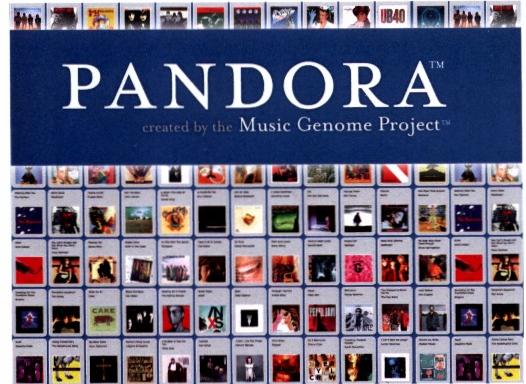Online radio Pandora likely to close
 San Francisco - Popular online radio channel, Pandora, which allows users to choose the songs and artists they want to hear, is likely to close down soon due to a massive increase in royalties demanded by the music industry, the site's founder Tim Westergren said.
San Francisco - Popular online radio channel, Pandora, which allows users to choose the songs and artists they want to hear, is likely to close down soon due to a massive increase in royalties demanded by the music industry, the site's founder Tim Westergren said.
"We're approaching a pull-the-plug kind of decision," Westergren told the Washington Post in an interview. "This is like a last stand for webcasting."
The troubles faced by Pandora reflect the constant tension between music producers and internet companies, which since the advent of music sharing site Napster 10 years ago have used digital technology to distribute music without reimbursing music companies.
Pandora's decision was prompted by the Federal Copyright Royalty Board's decision last year to dramatically hike royalties for Web radio, acting under pressure from SoundExchange, an organization comprising representatives from record labels and performers.
The royalty increase now amounts to some 70 per cent of Pandora's 25 million dollars in revenue, Westergren said.
"We're losing money as it is," said Westergren. "The moment we think this problem in Washington is not going to get solved, we have to pull the plug because all we're doing is wasting money."
Pandora, which has millions of users online and is one of the most popular applications for the iPhone, uses a proprietary system called the Genome Sound Project, to identify music that users might like according to the song and band preferences they input.
According to Pandora, it will have to pay 2.91 cents per hour per listener under the new rules, while satellite radio will pay about 1.6 cents per hour. Traditional radio pays nothing in performance royalties.
SoundExchange says that the increased rate is justified because internet radio stations can broadcast millions of songs an hour rather than the handful of tunes included on the playlists of traditional radio stations or satellite radio.
The group also charges that internet radio stations are not make serious enough efforts to make money with most declining to insert audio ads between songs or charge subscription rates for premium services. The royalty rules have been especially hard on university radio stations, many of which broadcast online and do not have the resources to pay higher fees.
According to the Washington Post, Congressman Howard L Berman is trying to broker a last-minute deal between webcasters and SoundExchange but the two sides appear to be far apart.
"Most of the rate issues have not been resolved," Berman said. "If it doesn't get much more dramatic quickly, I will extricate myself from the process." (dpa)